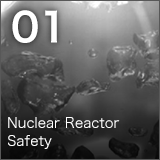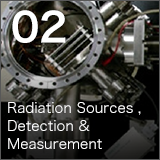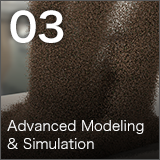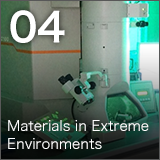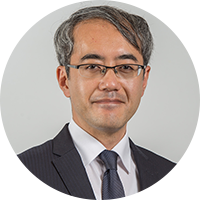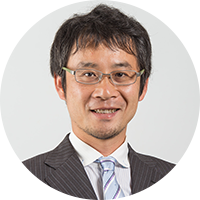- HOME
- Research
01 Nuclear Reactor Safety Nuclear Reactor Safety
The basic energy to maintain the life, culture, industry, and environment in human societies
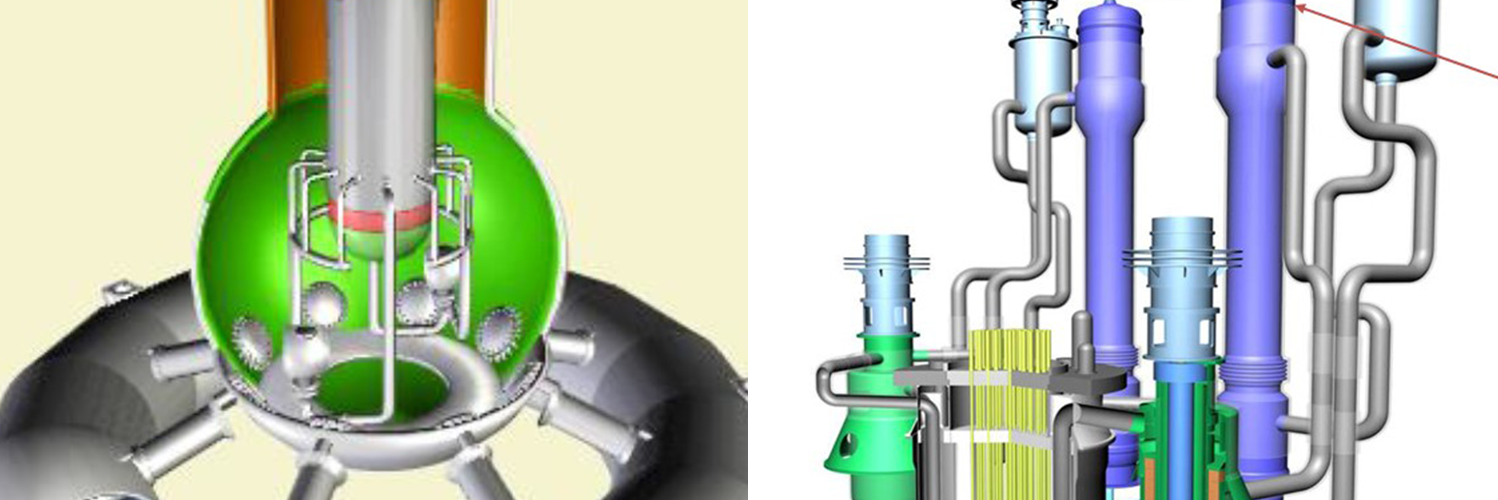
Especially in Japan, power generation using nuclear energy is indispensable from a lack of natural resources. Nuclear energy has potentialities of the basic power source from such points of view as the sustainable supply of electricity and energy security. As a country that experienced the Fukushima Daiichi Nuclear Power Plant accident, Japan has many challenges for realizing nuclear power generation with the world highest safety. There are further research themes as establishing the decommission technology, establishing a nuclear fuel cycle technology for spent fuel, ensuring the nuclear security, and developing the next-generation nuclear energy technology, such as fast reactors, nuclear fusion reactors, and high-temperature gas-cooled reactors. This department develops human resources with abilities to solve above challenges.
Faculty member
-
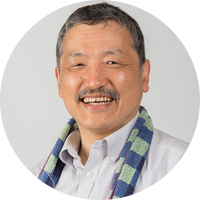
Professor Koji OKAMOTO
-
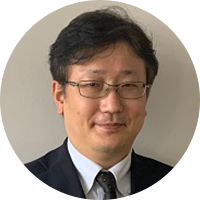
Project Associate Professor Jinya Katsuyama
-
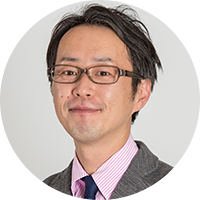
Professor Takumi SAITO
-
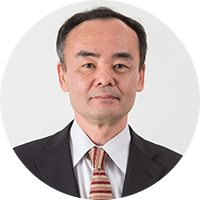
Professor Takashi TAKATA
-
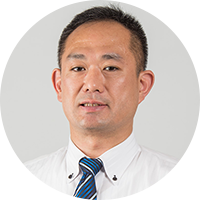
Associate Professor Kazuyuki DEMACHI
-
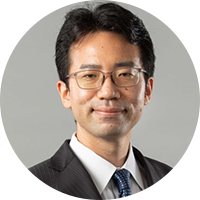
Associate Professor Shuichiro MIWA
-

Associate Professor Kenta Murakami
02
Radiation Sources, Detection & Measurement
Radiation Sources,
Detection & Measurement
Creating technical innovations through cutting-edge basic research
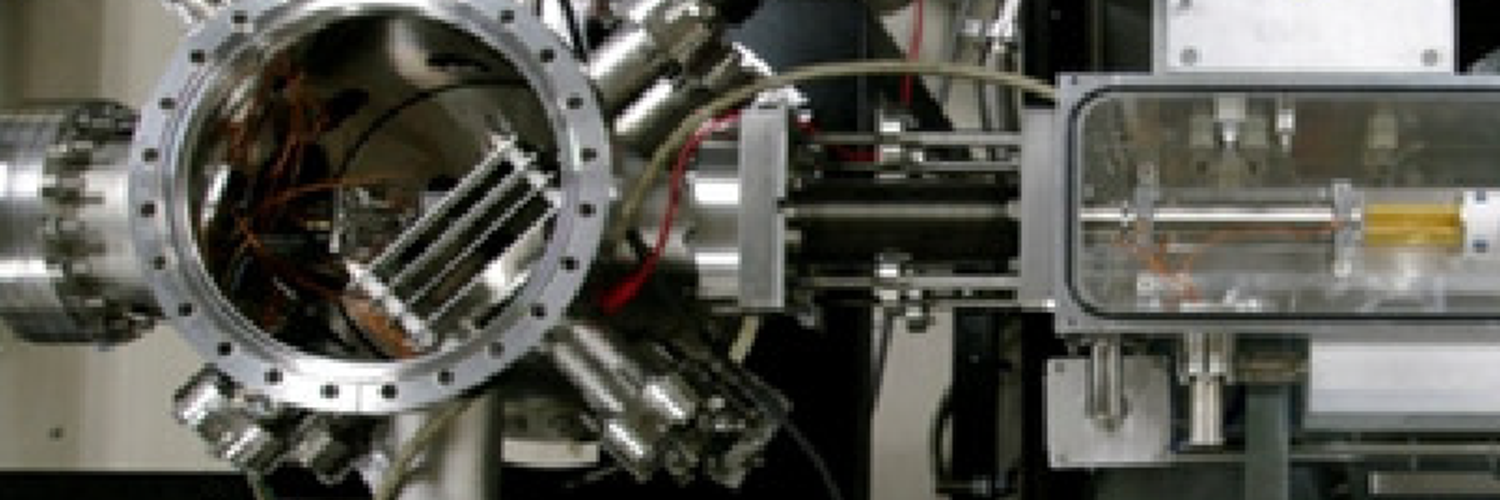
The innovation and development of nuclear technology progressed together with Nobel prize-level discoveries and researches, such as the discovery of X-rays, radioactivity and nuclear fission, and the development of the theory of relativity and quantum mechanics. Radioactivity triggered technical revolutions immediately after its discovery, especially in the fields of medical diagnosis and treatment. However, even after a century since its discovery, there are challenges faced in understanding the interaction between radioactivity and substances and establishing new radiation technology to support industry, medicine, and cities. Innovations should be brought forward by making full use of simulations based on the quantum beam technology, devices such as laser or accelerator, information/electronics technology, and quantum mechanics.
Faculty member
-
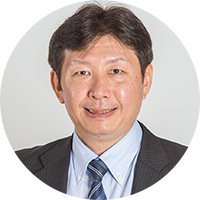
Professor Kenichi ISHIKAWA
-
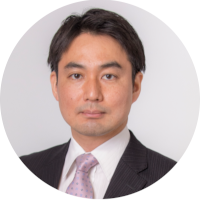
Associate Professor Kazuyuki SAKAUE
-
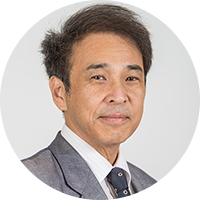
Professor Hiroyuki TAKAHASHI
-
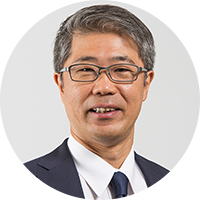
Professor Shuichi HASEGAWA
-

Professor Hiroyuki MATSUZAKI
-
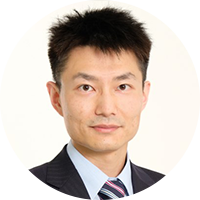
Visiting Associate Professor Yuya MORIMOTO
-
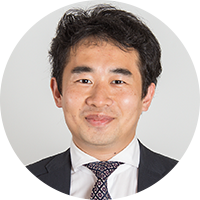
Associate Professor Kenji Shimazoe
03 Advanced Modeling & Simulation Advanced Modeling & Simulation
Predicting complex phenomena using computer simulation
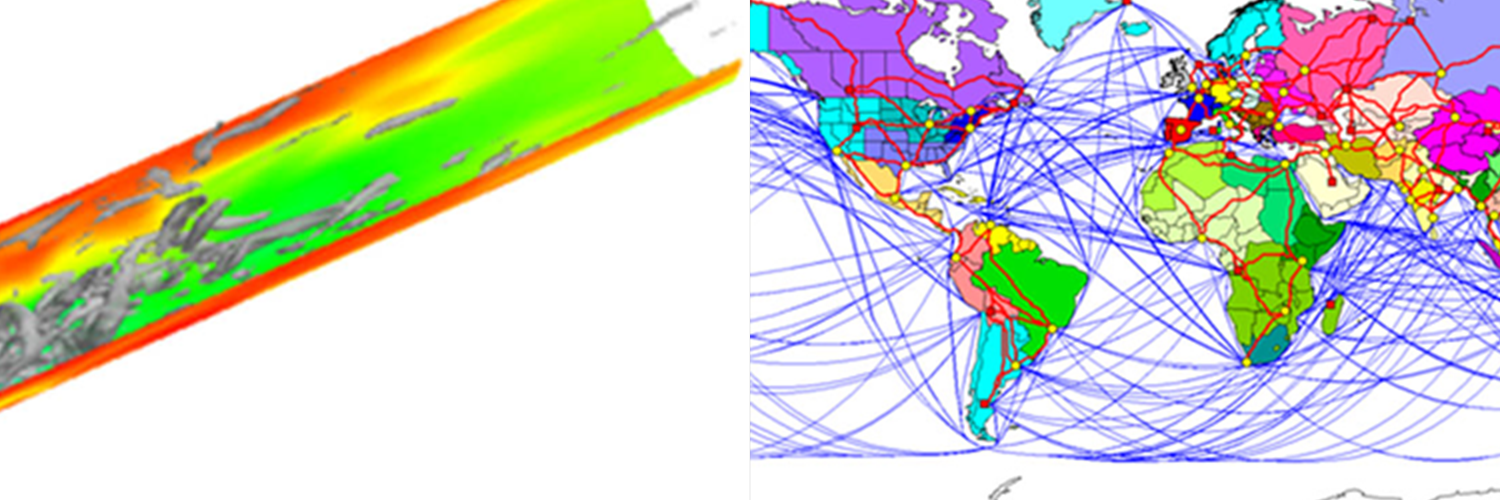
From the viewpoint of safety, product design, and understanding nuclear engineering and computer simulation are important. Moreover, as direct observation is often impossible owing to the risk associated with the exposure to extreme environments with high temperature/high radiation, modeling is actively used in studies based on nuclear engineering. Current research subjects include the prediction of the interiors of nuclear reactors, which are difficult to observe, for instance, to study severe accidents, to examine conditions to smoothly conduct measures for decommission, to predict or assess the radiation damage process of materials that are used to build nuclear reactors, and to evaluate measures against global warming using the world energy system model. We are facing unprecedented challenges that cannot be solved by past experiences.
04 Materials in Extreme Environments Materials in Extreme Environments
Creating new functions through multiscale researches
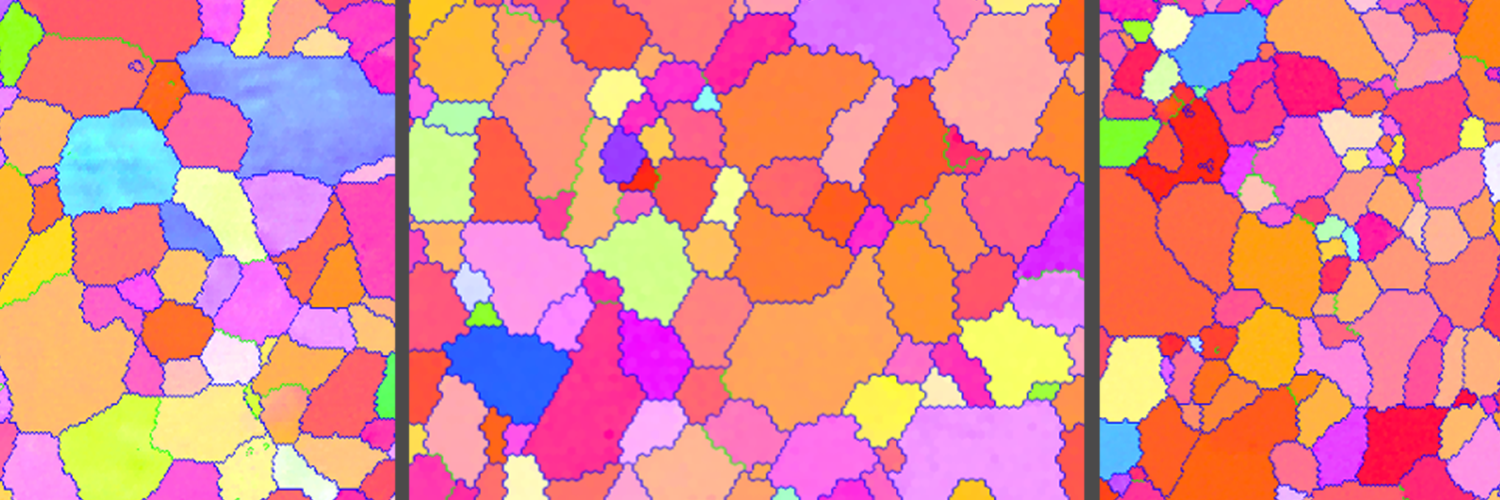
Creating a new intelligence through multi-scale and multi-field researches
Nuclear materials are expected to keep their integrity against extreme environments. Inner-core structure stainless steels, pressure vessel steels and zirconium alloys in fission reactors degrade throughout the long-term exposure to irradiation, hydrogenation and corrosion. Structure materials for the first wall blanket of fusion reactors are exposed to severe irradiation environment as well as interactions with coolant and breeder materials.
Our purposes are to evaluate the degree of degradations, to access the level of safety, and to develop new materials with higher performance. State-of-the-art techniques, such as atomic-scale microscopy, spectroscopy and computer simulations, as well as accelerators to simulate the reactor environments, are actively applied for the investigations.
Faculty member
-
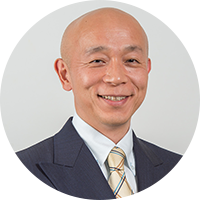
Professor Hiroaki ABE


